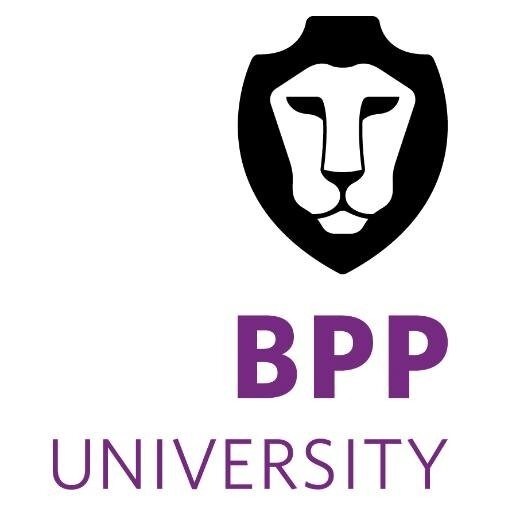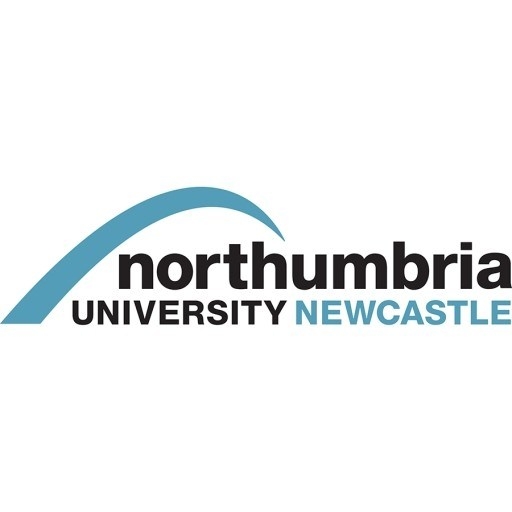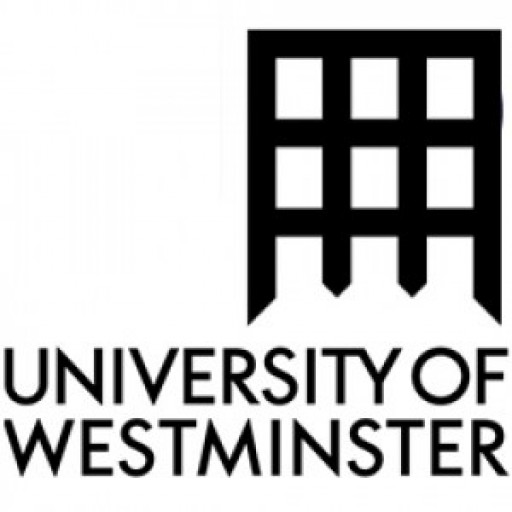Photos of university / #ucl
The MSc Project and Enterprise Management at University College London (UCL) is a comprehensive postgraduate programme designed to equip students with essential skills in managing complex projects and fostering entrepreneurial initiatives within various industries. This programme combines rigorous academic theory with practical applications, preparing graduates to excel in leadership roles across diverse organizational settings. Students will explore core topics such as project planning, risk management, financial analysis, and strategic decision-making, while also gaining insights into entrepreneurship, innovation, and change management. The curriculum emphasizes both individual and collaborative work, encouraging students to develop problem-solving abilities, critical thinking, and effective communication skills. Through a blend of lectures, case studies, group projects, and industry engagement, students will learn to design, implement, and lead projects that deliver measurable value. UCL’s distinguished faculty bring extensive professional experience and research expertise, fostering an enriching learning environment that bridges academic knowledge with real-world challenges. The programme also offers opportunities for networking with industry professionals, internships, and participation in live projects, ensuring graduates are well-prepared for the competitive job market. Upon completion, students will possess a strong foundation in project management methodologies, enterprise development, and strategic analysis, enabling them to lead initiatives that drive organizational success and innovation. Whether aspiring to advance within existing companies or to launch new ventures, graduates of this programme will be equipped with the tools and confidence needed to make a meaningful impact in their careers. The MSc Project and Enterprise Management stands out as a gateway to dynamic, challenging, and rewarding roles in a global business environment.
The programme teaches concepts, tools and techniques employed in managing projects from their earliest stages through to operations and maintenance. Projects will primarily be in construction (building, civil engineering, process engineering), but there will also be reference to other projects, including aerospace, automotives, electronics, organisational change, pharmaceuticals, software and IT.
Students undertake modules to the value of 180 credits.
The programme consists of four core modules (60 credits), four optional modules (60 credits) and a dissertation (60 credits). In addition, there are two non-assessed, but compulsory modules in management and research methods.
A Postgraduate Diploma (120 credits, full-time nine months) is offered.
Core modules
- Project Management
- Owner-Based Management of Projects
- Principles of Enterprise Management
- Projects, Economics, Sectors and Behaviour
Optional modules
A full-time student must choose at least two modules from the project-based optional modules, and at least one module from the enterprise-based optional modules. A student's fourth module can come from any of the three (project-based, enterprise based or economics-based) sets of modules.
- Managing the Enterprise-Project Relationship
- The Procurement of Construction, Engineering and Professional Services
- Organisations and People in Projects
- Managing Construction
- Environmental Sustainability in the Construction Sector
- Supply Chain Management: Principles and Case Studies
- The Management of Large Project and Programmes
- Social Networks in Project and Enterprise Organisations
- Integrating Project Information Systems with Building Information Modelling
- The Management of Value
- The Management of Innovation in Construction Firms
- Contractual Claims and Dispute Resolution
- Transforming Projects into Business Operations
- Managing Professional Practice
- Relationships Between Firms
- Capturing and Delivering Value
- The Construction Firm: Contractors and Sub-Contractors
- Marketing and Project Business Development
- Managing Change in Organisations
- The Economics of Speculative Construction Development
Dissertation/report
All MSc students submit a 10,000-word dissertation on a topic related to the main themes of the programme. The topic can be chosen to enhance career development or for its inherent interest.
Teaching and learning
The programme is delivered through a combination of formal and interactive lectures, small-group seminars, tutorials, workshops, visiting speakers and site visits. Assessment is through coursework, essays, written papers and examinations, and the dissertation.
The normal minimum qualifications are a lower second-class Bachelor's degree from a UK university or an overseas qualification of an equivalent standard.
Bartlett Masters Scholarship
Value:
£10,000 (1 year)
Eligibility:
UK, EU, Overseas students
Criteria:
Based on financial need
The MSc in Project and Enterprise Management at University College London (UCL) is a comprehensive program designed to equip students with the essential skills and knowledge needed to manage complex projects and enterprises in various industries. The curriculum combines theoretical foundations with practical applications, ensuring graduates are well-prepared to lead and innovate in dynamic environments. The program covers core areas such as project management principles, enterprise strategy, risk management, financial analysis, leadership, and sustainable business practices. It emphasizes the development of critical thinking, strategic decision-making, and effective communication skills, which are vital traits for successful project managers and enterprise leaders.
Students benefit from UCL’s strong connections to industry and academia, providing opportunities for internships, real-world projects, and networking with professionals. The program’s faculty are experts in their fields, often involved in cutting-edge research and consultancy, which enriches the learning experience. The coursework often includes case studies, group projects, and simulations designed to replicate real-world challenges, fostering teamwork and problem-solving abilities.
The MSc in Project and Enterprise Management prepares graduates for a variety of roles such as project manager, enterprise consultant, business analyst, and strategic planner across sectors like construction, technology, finance, and healthcare. The program typically requires one year of full-time study, with a mix of lectures, seminars, workshops, and independent research. Students are encouraged to develop a global perspective, understanding the impact of cultural and economic differences on project and enterprise success.
Alumni of the program have gone on to work in multinational corporations, government agencies, and non-profit organizations, applying their skills to improve organizational efficiency, implement innovative solutions, and drive sustainable growth. UCL’s reputation as a leading research university ensures that students receive education grounded in the latest theories and practices, making them highly competitive in the job market. The program also offers opportunities for progression into doctoral research or further specializations in areas such as digital transformation or innovation management. Overall, the MSc in Project and Enterprise Management is designed to provide a rigorous and practical education that supports career advancement and lifelong professional development in project and enterprise leadership.







